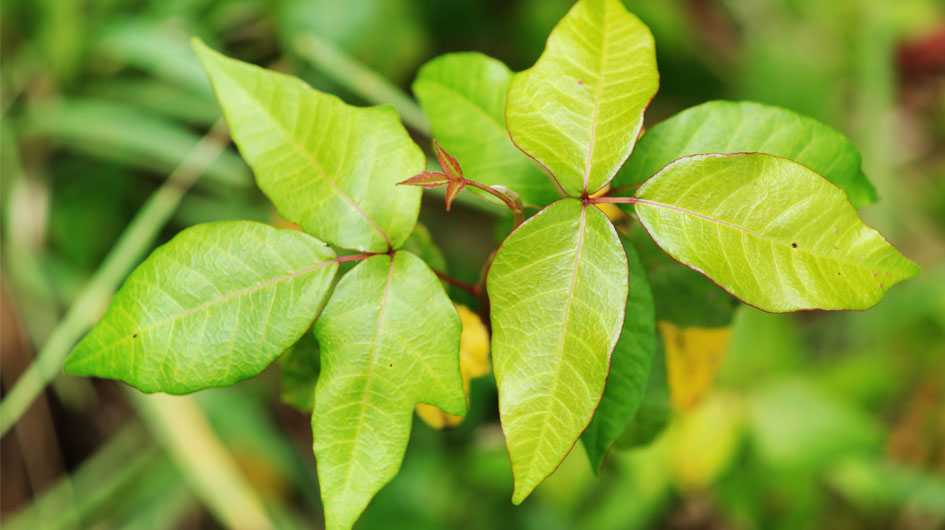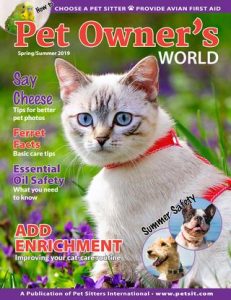Amarylillis
Apple Leaf Croton
Autumn Crocus
Avacado (fruit and pit)
Azalea
Baby’s Breath
Bittersweet
Bird of Paradise
Branching Ivy
Buckey
Buddist Pine
Caladium
Calla Lily
Castor Bean
Ceriman
Charming Dieffenbachia
Chinese Evergreen
Christmas Rose
Cineraria
Clematis
Cordatum
Corn Plant
Cornstalk Plant
Croton
Cuban Laurel
Cutleaf Philodendron
Cycads
Cyclamen
Daffodil
Devil’s Ivy
Dianthus
Dieffenbachia
Dracaena Palm
Dragon Tree
Dumb Cane
Dianthus
Easter Lily (in cats!!!!)
Elaine
Elephant Ears
Emerald Feather
English Ivy
Fiddle-leaf fig
Florida Beauty
Foxglove
Fruit Salad Plant
Geranium
German Ivy
Giant Dumb Cane
Glacier Ivy
Gold Dieffenbachia
Gold Dust Dracaena
Golden Pothos
Hahn’s Self-Branching Ivy
Heartland Philodendron
Hops
Hurricane Plant
Indian Rubber Plant
Janet Craig Dracaena
Japanese Show Lily (cats !!!)
Jeusalem Cherry
Kalanchoe
Lacy Tree Philodendron
Lily of the Valley
Madagascar Dragon Tree
Marble Queen
Marijuana
Mexican Breadfruit
Miniature Croton
Mistletoe
Morning Glory
Mother-in Law’s Tongue
Narcissus
Needlepoint Ivy
Nephytis
Nightshade
Oleander
Onion
Oriental Lily (cats!!!)
Peace Lily
Pencil Cactus
Plumosa Fern
Poinsettia (low toxicity)
Poison Ivy
Poison Oak
Pothos
Precatory Bean
Primrose
Red Emerald
Red Princess
Red-Margined Dracaena
Rhododendron
Ribbon Plant
Saddle Leaf Philodendron
Sago Palm
Satin Pothos
Schefflera
Silver Pothos
Spotted Dumb Cane
Stargazer lily (cats!!!)
String of Pearls
Striped Dracaena
Sweetheart Ivy
Swiss Cheese Plant
Taro Vine
Tiger Lily (cats!!!)
Tobacco
Tree Philodendron
Tropic Snow Dieffenbachia
Weeping Fig
Yew
* please note: this list is not all inclusive
ASPCA Animal Poison Control Center
The ASPCA Animal Poison Control Center is the premier animal poison control center in
North America. Established in 1978, the Center is the only facility of its kind staffed by
twenty-five veterinarians including five board-certified veterinary toxicologists and ten
certified veterinary technicians. Located in Urbana, Illinois, the specially trained staff
provides assistance to pet owners and specific analysis and treatment recommendation to
veterinarians pertaining to toxic chemicals and dangerous plants, products or substances
24 hours a day, 7 days a week. In 2001, the Center handled over 65,000 cases. The
Center recently launched the Veterinary Lifeline Partner Program to make it easier for
veterinarians to quickly respond to poison emergencies. In addition, the ASPCA Animal
Poison Control Center also provides extensive veterinary toxicology expert consulting on
a wide array of subjects includes legal cases, formulation issues, product liability and
regulatory reporting.
To reach The ASPCA Animal Poison Control Center call 1-888-426-4435.
For more information on The ASPCA Animal Poison Control Center
visit www.apcc.aspca.org.


